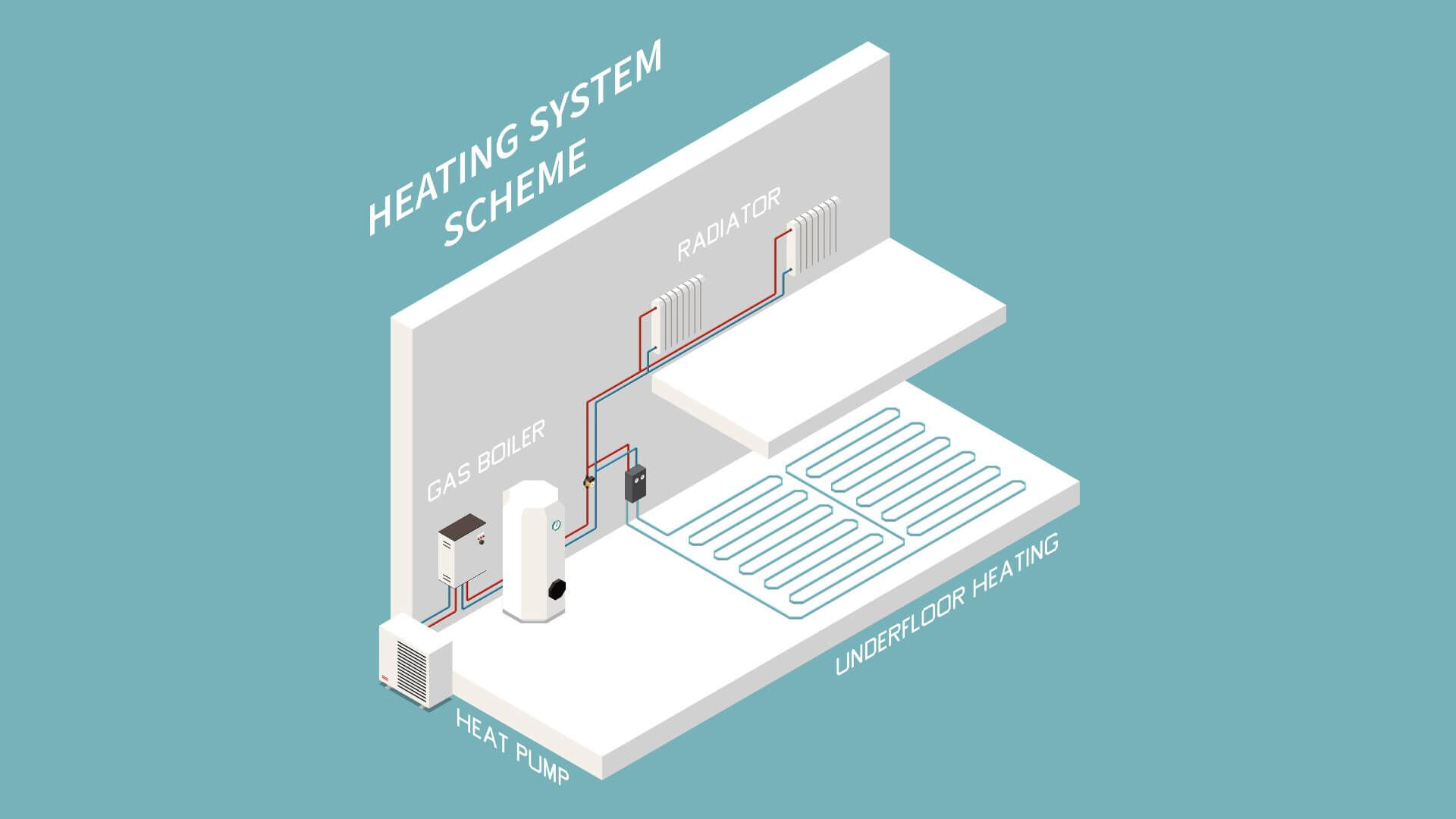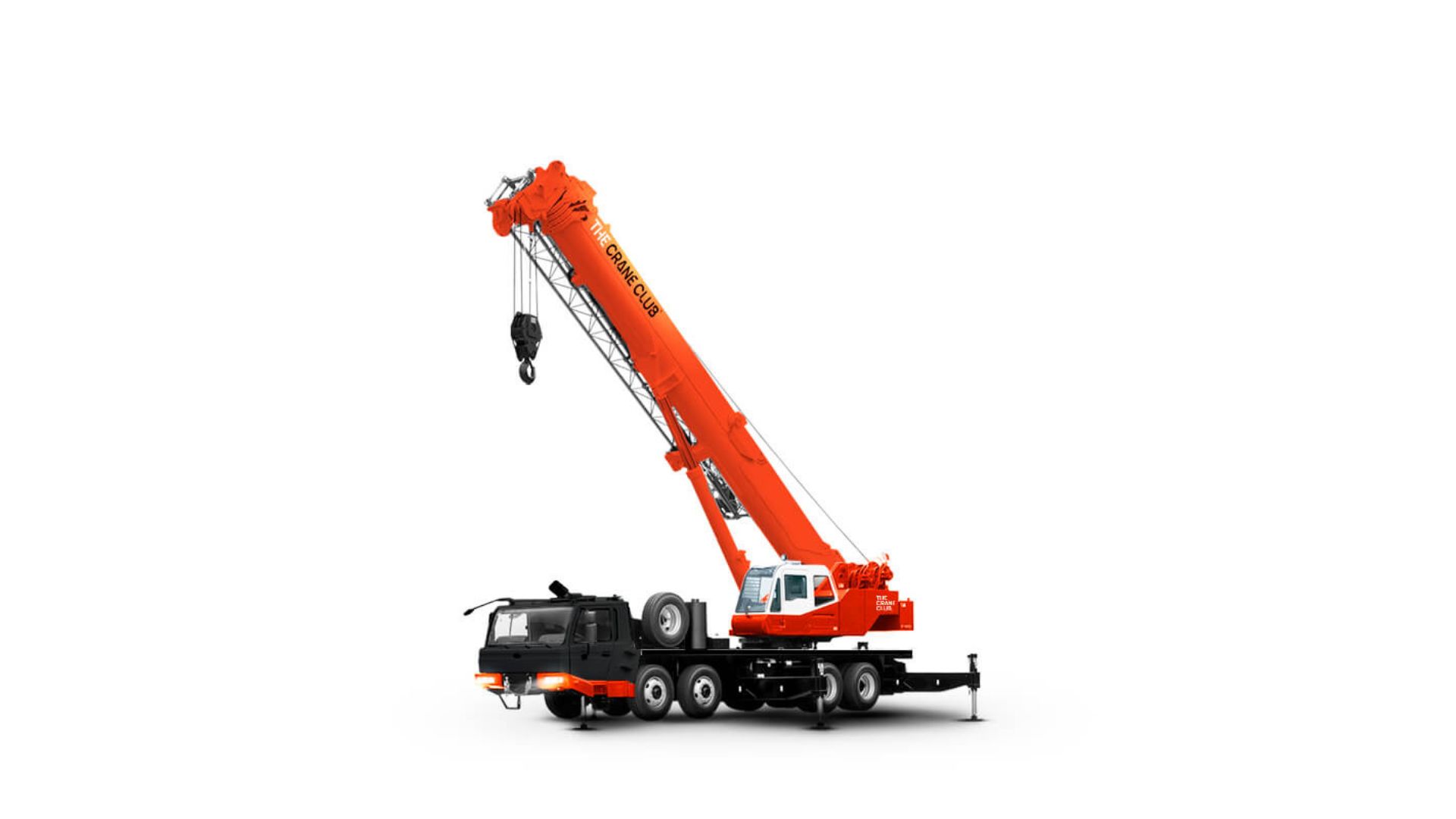Are you looking for ways to optimize your home heating system for maximum efficiency? Are rising energy costs a concern of yours? As an experienced specialist in the field, I can tell you that with just a few simple steps, you can maximize the performance of your home heating system and minimize your energy bills. In this article, I’ll be discussing how to make sure your home stays warm while saving money on utility costs. From proper insulation to thermostat settings, there are several tips that will help you achieve peak efficiency from your heating system. Let's get started!
Explore Energy Efficient Heating Options
When it comes to home heating, efficiency is key. With the right knowledge and implementation of energy-saving technologies, you can drastically reduce your monthly energy bills while keeping a comfortable temperature in your home. As an expert on optimizing heating systems for maximum efficiency, I’ve seen countless homes cut their heating costs by up to 30%.
There are several ways to increase the efficiency of your current heating systems without spending too much money. Installing insulation throughout your home will act as a barrier against air leakage and keep warm air inside during cold months. You should also check if you have programmable thermostats installed; these allow you to easily adjust settings so that only necessary rooms are heated at certain times of day or night, saving both time and money in the long run.
For those using heating oil heaters, it is important to maintain your heating oil supply regularly. Ensuring that your tank is always sufficiently filled will help your heating system operate smoothly and efficiently; Click Here to know more. There are providers that offer convenient delivery services and even tank monitoring to prevent any unexpected shortages.
No matter what type of heating system you use in your home, there's always room for improvement when it comes to its overall efficiency. Taking small steps like installing insulation or adjusting settings on your thermostat can make all the difference in reducing energy costs and living comfortably with less strain on your wallet.
Consider Dual Fuel Towel Rails
Moving on from the energy-efficient heating options, let's take a look at one of the most efficient solutions available today: dual fuel towel rails. Dual fuel towel rails offer both convenience and efficiency, allowing you to heat up an individual towel rail independently from the rest of the central heating system, with the use of a thermostatic towel rail element. These electronic devices are placed up inside the towel rail and allow you to set specific temperatures, timings and schedules. So, even in the height of summer you can dry your wet towels without having to turn the entire central heating system on… now that’s smart heating!
Moreover, these systems come in various sizes and styles so you can find one that fits perfectly with your existing towel rail. They also come with features such as adjustable thermostats and timers so you can customize your system depending on your needs and preferences. All in all, investing in a dual fuel towel rail allows you to reduce energy consumption while providing superior comfort and convenience for everyone living in your house.
Aluminum Radiators: An Energy Efficient Choice
Aluminum radiators can be an excellent choice for homeowners looking to maximize the efficiency of their home heating systems. Aluminum is a light, durable metal that has superior heat transfer properties compared to traditional copper and steel models. In addition, aluminum radiators require minimal maintenance and are also more aesthetically pleasing than other radiator types.
Installing aluminum radiators in your home will help you save money on energy bills by providing a better thermal conductivity rating than alternatives. The improved insulation means less energy needs to be used while still keeping you warm throughout the winter months. They also have higher resistance against corrosion from hard water, meaning they last longer and need fewer repairs over time. Finally, because aluminum radiators don’t rust or corrode like some other materials do, they maintain their attractive appearance for far longer periods of time.
For those wanting to optimize their home heating system for maximum efficiency, aluminum radiators provide unparalleled benefits over traditional options. From high-quality performance and long-term savings to enhanced aesthetics, these advanced solutions make it easier than ever before to achieve optimal comfort at home without breaking the bank.
Smart Thermostats: A New Way To Control Your Home's Temperature
The winter chill can bring a unique feeling of comfort and coziness, but when it comes to managing the temperature in your home, there is no denying that traditional thermostats often leave much to be desired. Enter: Smart Thermostats! These devices offer homeowners an innovative way to maximize energy efficiency while maintaining optimum temperature levels in their homes.
Not only do these modern-day marvels provide precise control over room temperatures with high accuracy readings and easy programming capabilities, they also track usage patterns over time which helps you identify where adjustments need to be made. For instance, by noticing whether certain rooms are consistently too hot or cold during specific times of day, you can make small tweaks that could result in big savings on utility bills.
Finally, smart thermostat manufacturers such as Nest feature additional functions like remote access from mobile phones and tablets so you can fine tune settings even if you're away from home - ultimately providing unprecedented convenience for those who want maximum energy efficiency without skimping on creature comforts. With all these benefits combined, one thing is clear: Smart Thermostats are revolutionizing the way we manage our home's temperature - giving us more control than ever before!
Bleed Your Radiators For Maximum Efficiency
Bleeding your radiators is an important step to take if you want to maximize the efficiency of your home heating system. By bleeding your radiators, you can ensure that air bubbles are removed from the pipes so that hot water is able to flow freely throughout all parts of the radiator, ensuring even heat distribution.
Follow these simple steps to bleed a radiator - start by locating the bleed valve at one end of it on the top – this should be clearly visible as a small slot. Once located, turn off the valve with a radiator key or flathead screwdriver (depending on its type). You may hear some hissing noise as air escapes but don’t worry - this just means that it’s working correctly! When only a trickle of water appears out of the top of the radiator, close up the valve again and repeat for each individual radiator in every room until they have all been bled successfully.
This process might seem intimidating at first but trust us; it's really quite simple once you've done it once or twice. It won't take long either – usually no more than 15-20 minutes per radiator depending on how many there are in your house. Plus, having taken these steps you'll immediately notice a difference in both temperature and energy bills which makes it well worth doing!
How Radiator Fans Can Help You Save Money And Energy
Have you ever considered adding a radiator fan to your home heating system? It may surprise you, but it can be an incredibly efficient way of saving money and energy.
Radiator fans are designed to improve the efficiency of any heating unit by forcing air through the radiators at higher speeds than what is naturally produced. This helps ensure that heat is being distributed evenly throughout the house and that no area is becoming too hot or cold. The increased airflow also reduces the amount of time needed for the heater to reach its desired temperature - leading to more efficient use of energy overall.
As well as improving efficiency, using radiator fans can help reduce your monthly bills. By providing additional warmth without needing extra energy inputs, these fans could save you up to 10% on your total bill each month. That's not all; they're relatively inexpensive and easy to install which makes them ideal for anyone looking for ways to cut costs in their homes.
The benefits of having a radiator fan installed in your home are clear: improved efficiency with reduced bills! So if you want to maximize your heating system’s effectiveness while keeping costs low, consider investing in one today.
The Benefits Of Installing Radiator Reflectors
Installing radiator reflector foil is a great way to maximize the efficiency of your home heating system. Reflectors are designed to redirect heat back into the room, which can help reduce energy costs and make it easier for your heating system to maintain a comfortable temperature in winter. They also have other benefits that you may not be aware of:
Firstly, reflecting the heat back into the room rather than letting it escape out through the window helps keep rooms warmer for longer periods of time without extra energy usage. During cold months, when most people rely on their heating systems more heavily, using reflectors can significantly improve overall efficiency and comfort levels throughout your home.
Overall, installing radiator reflectors is an effective way to increase both safety and energy savings for heating your home during the colder seasons. Not only do they provide insulation between walls and radiators but they also help keep rooms warm while reducing energy consumption - making them a worthwhile investment!
Reducing Heat Loss Through Insulation
While some may think that improving insulation isn't worth the cost, nothing could be further from the truth. Insulation is one of the best investments you can make in your home's heating system efficiency. By keeping heat inside during cold months and preventing it from entering during warm weather, efficient insulation will reduce energy bills significantly over time.
First off, inspect all windows and doors for drafts or gaps around the frames where air might slip through. Seal any leaks with caulk or weather-stripping to avoid costly losses of heated air through these common weak spots. If window frames are old and worn out, consider replacing them entirely to ensure maximum efficiency when temperatures drop.
In addition to windows and doorways, attics should also be checked for sufficient insulation levels. Not only does this safeguard against excess heat loss, but it can protect against moisture build up as well - a twofold bonus! Consider adding additional insulation if current levels are insufficient; an extra few inches of material could save you a bundle on your energy bill year round.
By making these simple changes, you'll soon see improved performance from your existing heater without spending much money at all! In no time you'll have a more comfortable home environment while saving cash along the way – something everyone appreciates!
Conclusion
The best way to optimize your home's heating system for maximum efficiency is a combination of energy efficient options and smart technology. With the right upgrades, you can reduce heat loss through insulation, bleed radiators for optimal performance, install radiator reflectors, and take advantage of dual fuel towel rails or aluminum radiators. Smart thermostats are also invaluable when it comes to controlling temperatures in an automated fashion.
My advice? Start small. Insulate windows and doors first then move on to more advanced solutions like installing fan-assisted radiators or fitting reflective panels behind your existing radiators. All these measures will add up to significant savings over time both financially and environmentally.
Finally, don't forget that proper maintenance is essential in order to maintain peak efficiency levels from any heating system - whether old or new! By taking action now and following the tips outlined





